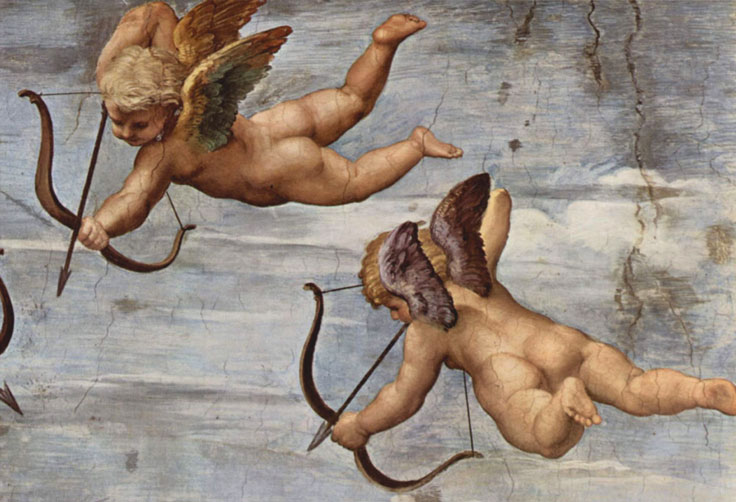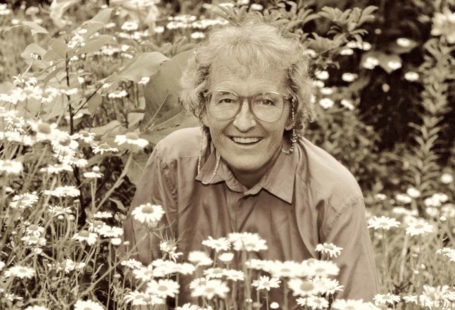
But already my desire and my will
Were being turned like a wheel, all at one speed,
By the love which moves the sun and the other stars.
– Dante
Nietzsche said, “There is always some madness in love. But there is also always some reason in madness.” In his reasoning between love, life and madness he finds his resolution : to live is to suffer, to survive is to find some meaning in the suffering.
Simone Weil (1909-1943), the renowned French philosopher and activist with outstanding intellectual gifts describes the essence of love in Gravity and Grace : “Creation is an act of love and it is perpetual.” On the gravitational pull warping the heart of every human, she recites : “At the center of the human heart is the longing for an absolute good, a longing which is always there and is never appeased by any object in this world.”

Simone Weil defines “acceptance” as another quality of love :
“Among human beings, only the existence of those we love is fully recognized. But accepting the other human beings as such is love. “
She alludes to the attribute of “reality” in love:
Love needs reality. What is more terrible than the discovery that through a bodily appearance we have been loving an imaginary being. It is much more terrible than death, for death does not prevent the beloved from having lived. That is the punishment for having fed love on imagination.
In the way of the Sufi, love is more than madness. Love for fellow beings is an essential part of becoming human, it prepares and furnishes the heart for divine love. Ultimately this kind of love transcends carnal love, which Plato set forth as the pale and degraded image of “true love.” Ruzbihan Baqlı, the mystical poet of the 12th century likens “true love” to the pure and delicate fragrance of jasmine in full bloom :
Love is the stirring of the essence, the excitement of the soul, the melting of the heart. In the sweetness of discovery, the beloved harmonizes with the lover. It is for the beloved to arouse longing, and for Majnun to be the ardent lover (ashiq)…He reaches the point where he becomes the mirror of God, and God makes an ardent lover of whoever looks into him. (Le Jasmine des fidèles d’amour)
In Layla and Majnun, a timeless love story, someone tries to dissuade Majnun from his lovesick madness for Layla, arguing that Layla looks rather plain and ordinary, Majnun replies: “My beautiful Layla must be seen with my eyes.”
150 years after Nizami wrote the story of Layla and Majnun, Dante driven by his faithful love for Beatrice, surpasses to the farthest and the highest realm in the other world (Empyrean) and there he sees the face of his true love and ascends exalted in her beauty :
I saw rain down upon her so much happiness
Borne by those holy intelligences
Which were created to fly at such high altitudes,
[…]
And that love which came down to her
Singing “Ave Maria, gratia plena”
Spread his wings out before her now.
Duygu Bruce
February 14, 2020













Social Profiles